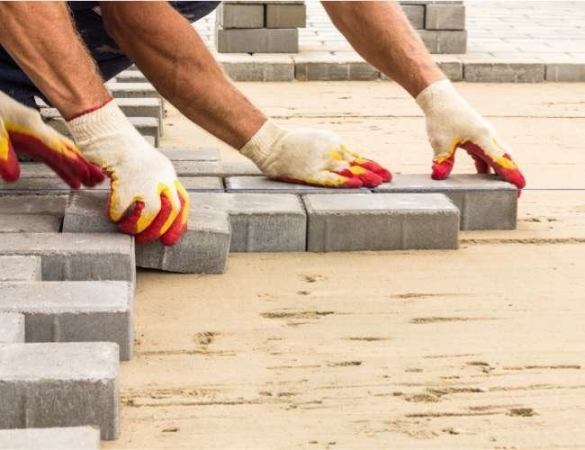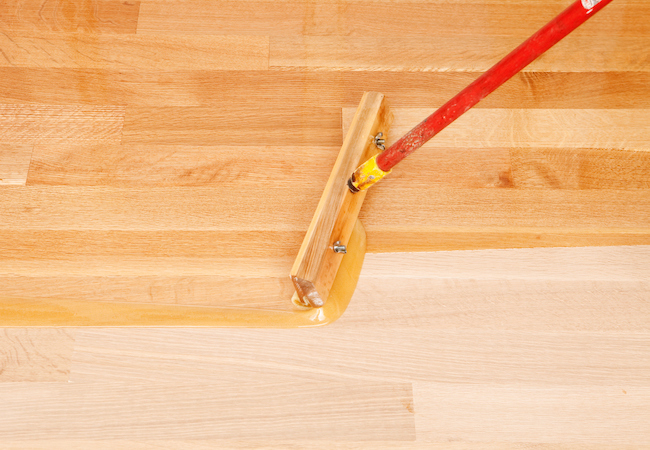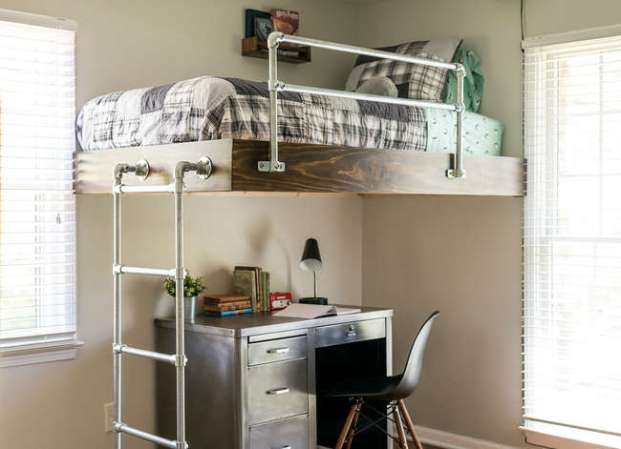We may earn revenue from the products available on this page and participate in affiliate programs. Learn More ›
Budget Woes

“We don’t have the money to finish the project.” Budgeting is crucial for any home improvement project, and most contractors will strive to give you an accurate estimate. Carefully review all components, making sure that the price includes demolition, removal of debris, building materials, labor costs, insurance, electrical, plumbing, and finishing work. You should also build some “wiggle room” into your budget for unexpected charges and changes—a good rule of thumb is to plan for an extra 10 to 25 percent over the project cost, according to industry estimates.
Paperwork for Contractor
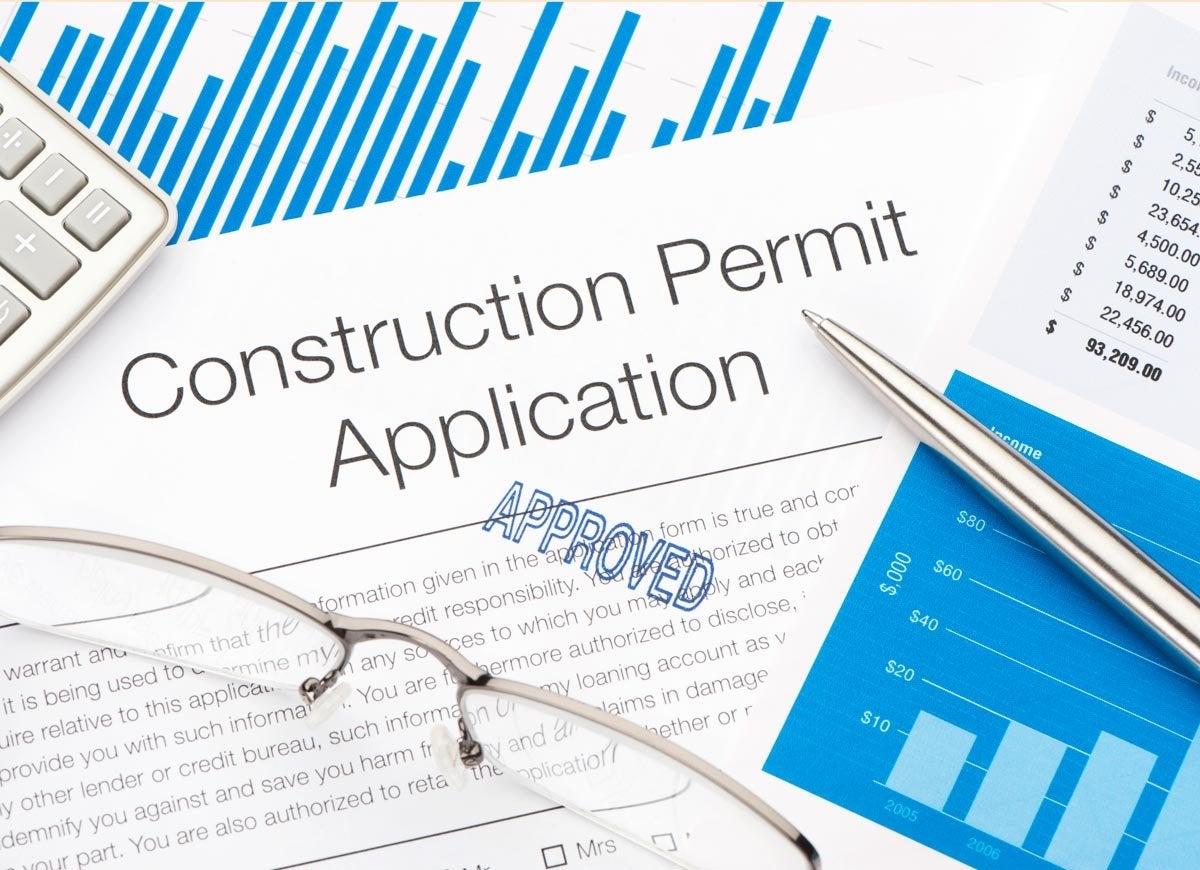
“We didn’t get a building permit (or neglected to file other required forms.)” Nearly all municipalities require building permits for substantive home renovations, and some necessitate separate permits for electrical work, plumbing, roofing, and having a dumpster on your property. It’s the homeowner’s responsibility to find out what permits are required and have the paperwork in order before beginning construction.
Related: 10 Building Code Violations Your Home May Be Guilty Of
Lack of Property Knowledge
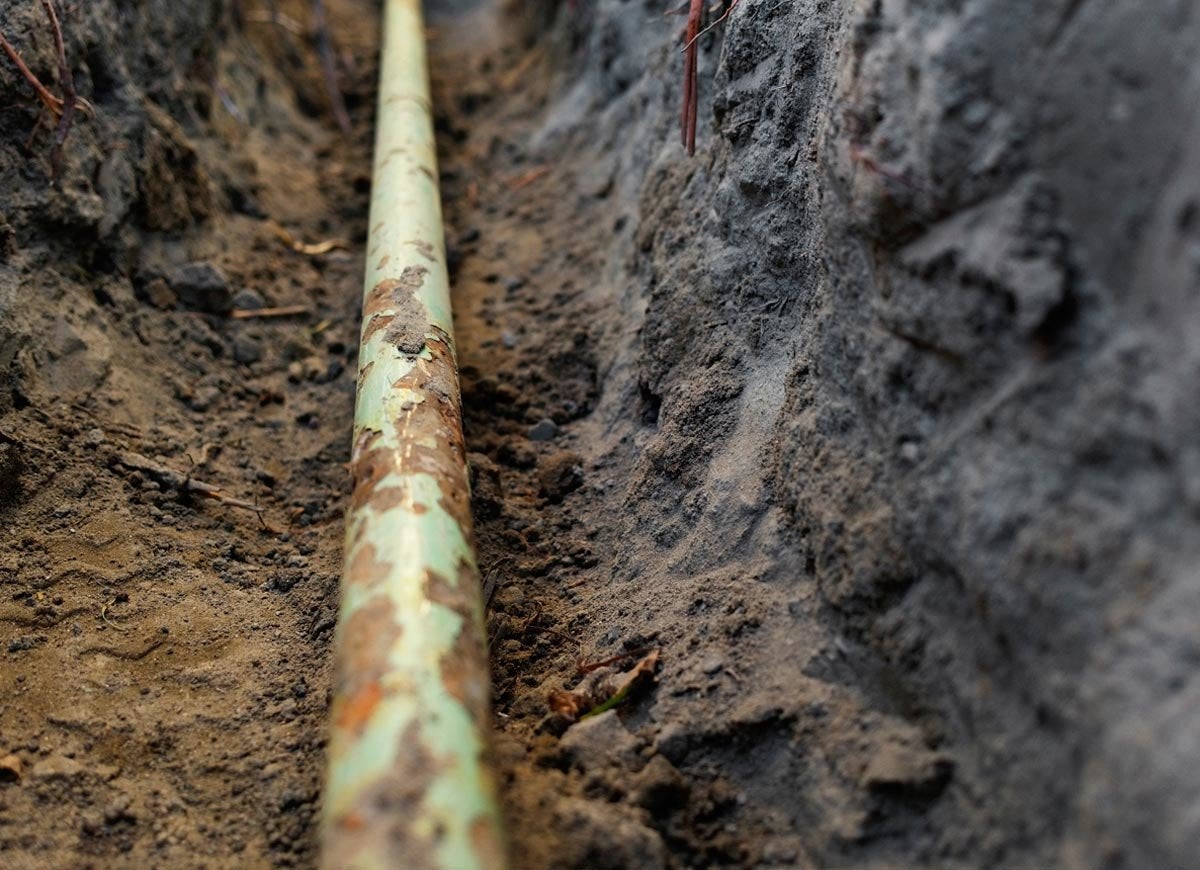
“There is a buried gas/sewer/water line somewhere.” Hitting a buried water main, sewer line, or gas line is every contractor’s nightmare. It can cause significant damage and costly delays—not to mention the fact that it’s downright dangerous. Before starting a project, a homeowner should find out where the main services come into their house and inform contractors. Contact the local code compliance office about the sewer and water lines, and ask the utility company about gas and electric service.
Related: 10 Things Your Contractor May Not Be Telling You
Inappropriate Style Choices
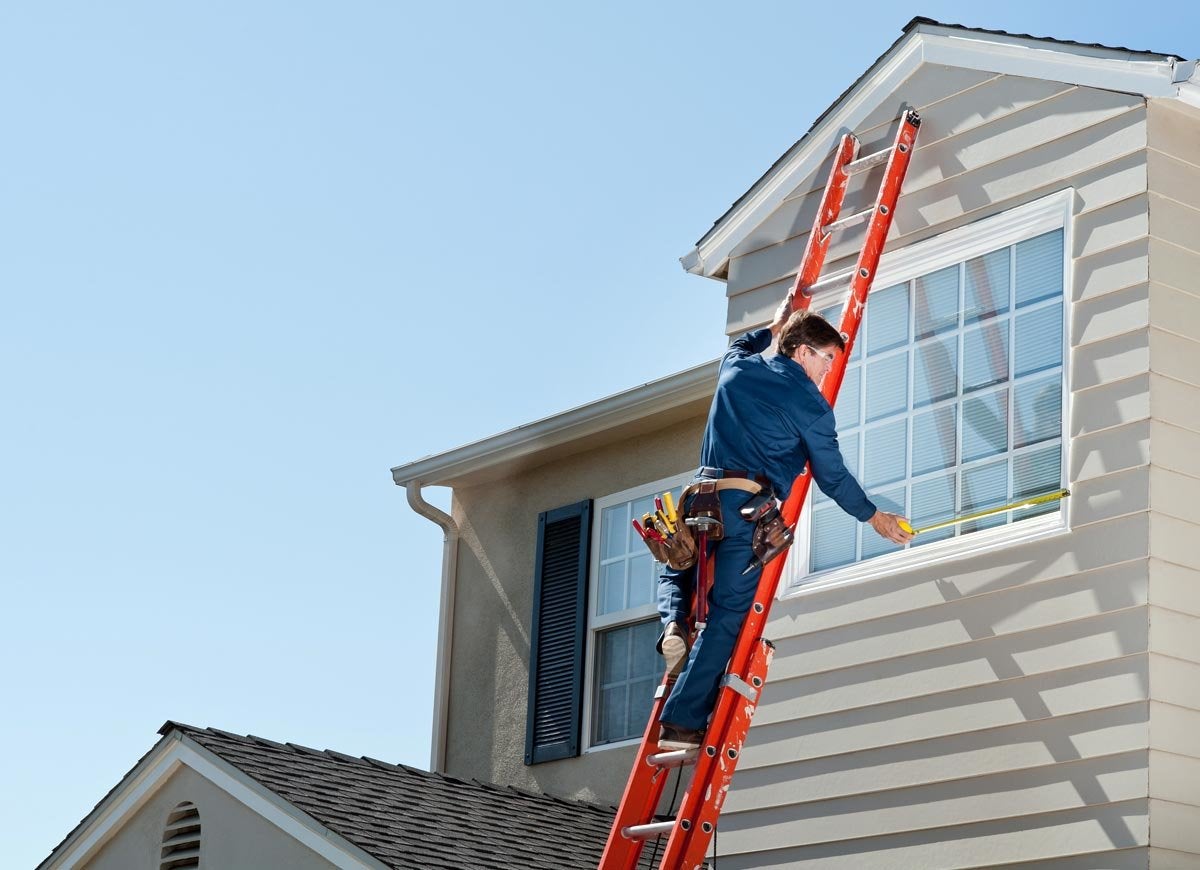
“We want to turn our contemporary into a Victorian, or add a wraparound wooden porch to our mission-style home.” Contractors want to please their clients, and they certainly don’t want to turn down potential business. But some alterations or renovations just aren’t feasible. Consider your home’s basic structure, size, and architectural style—as well as the general character of the neighborhood—when planning any renovations.
Related: 13 Renovation Lessons You Don’t Want to Learn the Hard Way
Unrealistic Deadlines

“We needed it done yesterday.” As part of their initial written estimate, contractors should provide a detailed timetable. Unforeseen circumstances, however, such as inclement weather, delivery issues, or a worker’s illness, can delay a project. Before the contractor begins work, you should discuss a reasonable deadline for the project and agree on how to handle delays. It’s common practice to offer a bonus for finishing a job early and to implement a financial penalty for any substantial contractor-caused delays.
Swapping Supplies

“We want you to use these materials that we found cheaper.” Another part of the written estimate is a detailed list of supplies. Contractors typically purchase their materials in bulk and therefore get a better price on higher-quality materials than the typical consumer can usually secure. Don’t hamstring your contractors by insisting that they substitute inferior products just because you found them cheaper. As the saying goes, “you get what you pay for.”
Recommending Subcontractors

“I have a great electrician (or plumber or brother-in-law) you can use.”
Most contractors have their own subcontractors for various parts of a job. In many cases, they pay for the licenses, liability, and
insurance
on these regular employees. As a result, it’s best to let the contractor hire any subcontractors necessary for the project.
Related: 7 Ways Your Home Could Get You Sued
Lack of Clarity

“This isn’t what we expected and we’re unhappy with the results.” Proper planning is the key to any successful project, and homeowners with unrealistic expectations are bound to be disappointed. Always spell out, in detail, the final result that you want to achieve. Don’t expect your contractor to read your mind or intuitively “know” what you would like.
Related: Rescued from Ruin: 9 Extreme Makeovers You Need to See
Refusing to Give a Referral

“No, we make it a point never to offer referrals.” Contractors rely on satisfied customers to “spread the word” about their business. If you are happy with the job, by all means recommend the contractor to your friends and neighbors. Fill out online reviews or surveys to let other homeowners know which contractors they can trust—as well as those they should avoid!
Happy Contractor

Moral of the story: get your ducks in a row before you engage a contractor.



